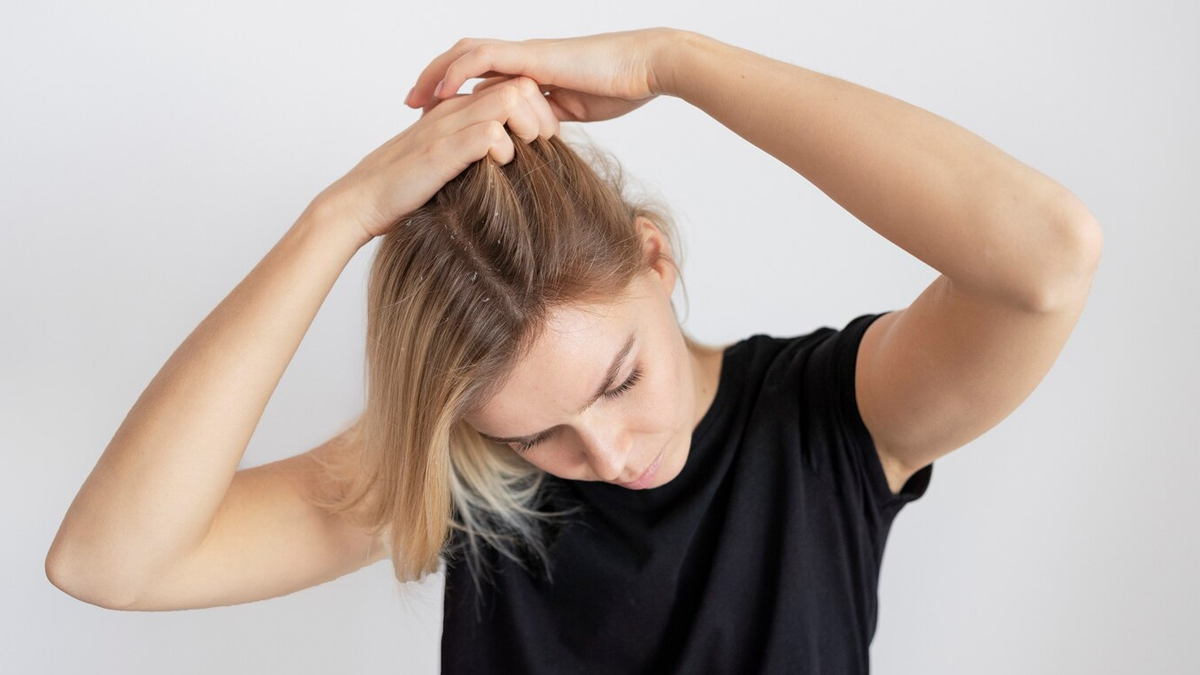Silicones In Hair Care: The Good, The Bad, And The Scalp-Soothing
Have you ever read the back of your shampoo bottle and asked, 'Is silicone that bad?' One day it is being credited with making hair silky and shiny, and the very next day it's being blamed for clogging pores and destroying your scalp. Silicones have risen to become one of the most confusing ingredients found in beauty products. But here's the thing, all silicones aren't the same, and when used correctly, they can also be beneficial for your scalp.
![]()
Silicones are synthetic ingredients derived from silica (a natural component found in sand), and are commonly used in hair products to give that smooth, silky, frizz-free finish. You will often spot them on labels as dimethicone, cyclopentasiloxane, or amodimethicone. These ingredients form a lightweight coating on the hair strand, locking in moisture and making hair feel softer and look shinier.
Although most of us equate silicone advantages with just hair fibres, they can provide some indirect benefits to scalp health as well, if used in moderation and the right formulation. Here's how:

By making the hair smoother and easier to manage, silicones decrease tugging and pulling during brushing or styling. Reduced friction on the scalp results in fewer opportunities for inflammation, particularly if you possess a dry or sensitive scalp.
By calming the hair and keeping it more pliable, silicones reduce pulling and tugging that results from brushing or styling. Reduced friction at the scalp means there is less chance of inflammation, especially when you have a dry or sensitive scalp.
Silicones are occlusive, they don't directly hydrate the scalp, but they seal the moisture that's already present. For individuals who have dry scalp problems, this can be particularly helpful when combined with a proper hydrating regimen. It keeps the scalp from drying out too quickly, especially during harsh weather conditions.
Silicones in most hair serums and scalp treatments assist in the distribution of the product. This can help to make other active ingredients, such as oils, vitamins, or scalp actives, distribute more evenly without clumping in a single area.
Of course, not all silicones are created equal. The problem occurs when heavy, non-aqueous silicones are used excessively without thorough cleansing. In time, this results in product build-up on the scalp, clogging the follicles and leaving the scalp greasy or smothered.
Here's what you should do:
Silicone-based formulas can work well for:
That being said, if your scalp is very oily or prone to dandruff or scalp acne, it's best to stick to lighter silicones or speak to a dermatologist before making a switch.
[ This article contains information for informational purposes only. Hence, we advise you to consult your professional if you are dealing with any health issue to avoid complications.]









